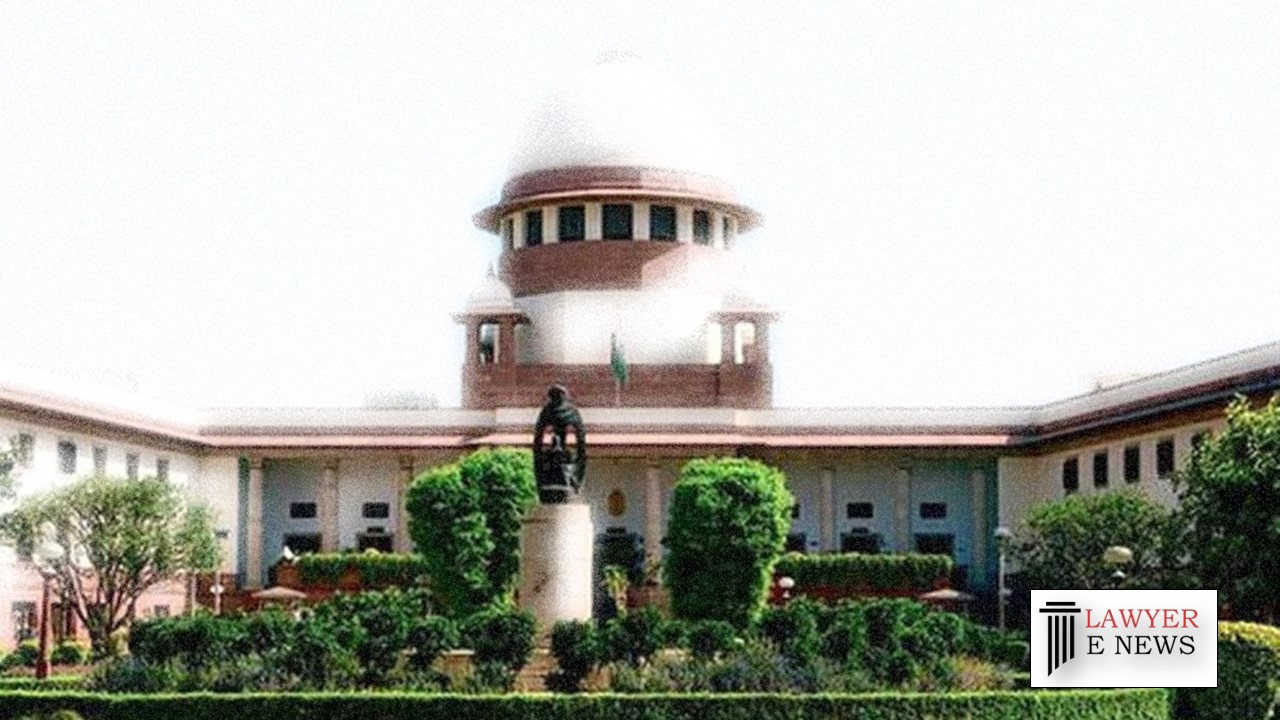-
by Admin
15 February 2026 5:35 AM



The Supreme Court of India, comprising a bench of Justices Rajesh Bindal and Abhay S. Oka, upheld the conviction of the appellant, Kallu, in a murder case and dismissed the appeal challenging the credibility of witnesses and allegations of a property dispute. The judgment was delivered on May 15, 2023.
The case pertained to an incident that occurred on March 27, 1982, where Durga was brutally murdered. The trial court had convicted Kallu and two co-accused under Section 302 of the Indian Penal Code (IPC) and sentenced them to life imprisonment. The High Court had subsequently upheld the conviction.
The appellant, through his counsel, argued that he was falsely implicated in the case due to a property dispute. It was contended that the witnesses, specifically one witness who had a personal interest in the matter, had given inconsistent statements. The defense further claimed that the appellant had no role to play in the crime.
On the other hand, the state vehemently opposed the appeal, asserting that the murder was committed by the appellant, his father, and another accused due to a dispute over property. The state relied on the eyewitness testimony of Mullu, the deceased's son, and Phoola, a cousin sister of the deceased and the appellant.
After thoroughly examining the evidence and contentions put forth, the Supreme Court found the eyewitness testimony to be credible and consistent. The court noted that the motive behind the crime was the accused's resentment over not receiving a share in the ancestral property. The judgment highlighted the gruesome nature of the murder and the intention and criminal bent of mind displayed by the accused.
In light of these findings, the Supreme Court dismissed the appeal, upholding the conviction of the appellant. The court directed the appellant to surrender before the trial court within two weeks to serve the remaining period of his sentence.
Date of Judgment: May 15, 2023
Kallu vs The State of Uttar Pradesh
